Millions of people worldwide suffer from Attention Deficit Hyperactivity illness (ADHD), a complicated neurodevelopmental illness. Despite being frequently linked to children, ADHD can still exist in adults and affect focus, impulse control, and general functioning. Medication is a typical part of managing ADHD, and it is a major factor in many people’s improved quality of life. But there are many false beliefs around ADHD drugs, which contribute to stigma and misunderstandings. In order to shed light on the function that ADHD drugs play in therapy, this article will dispel some of the most common fallacies about them.
Myth 1: Ritalin or Adderall are just stimulants, and so are ADHD medications.
The idea that all ADHD Medication drugs, such Adderall or Ritalin, are stimulant-based is among the most widespread myths. Although stimulant medicines are frequently recommended and frequently work, there are other options. Medication for ADHD falls into two main categories: stimulants and non-stimulants.
1. Stimulants:
These pharmaceuticals, such as amphetamine-based products like Adderall and methylphenidate (Ritalin), are frequently the first line of treatment. They function by raising the brain’s concentrations of two neurotransmitters, dopamine and norepinephrine, which enhance focus, attention, and impulse control.
3. Absent stimulants:
ADHD symptoms can also be controlled with non-stimulant drugs like guanfacine (Intuniv) or atomoxetine (Strattera). If a patient has undesirable side effects or doesn’t react well to stimulants, these drugs may be recommended. Non-stimulants function differently, either by increasing norepinephrine levels or by selectively binding to certain brain receptors to improve attention and behavior regulation.
Treatment is extremely customized, and both types of drugs have the potential to be beneficial. For people with co-occurring anxiety or mood problems, for instance, non-stimulants may be more effective, demonstrating that treating ADHD requires far more nuance than simply using stimulants.
Myth 2: Medications for ADHD Are Addictive
A common misconception is that using ADHD medications, particularly stimulants, causes addiction. This myth stems from the misconception that ADHD meds behave like illegal substances or that using them recreationally can cause dependence. The reality is more nuanced, though.
When used as directed by a doctor and under surveillance, stimulant drugs usually don’t lead to addiction. As a matter of fact, studies reveal that persons with ADHD who appropriately take their medicine have a lower likelihood of abusing drugs than those who don’t receive treatment. The “high” associated with recreational stimulant use is not induced by the therapeutic doses of ADHD drugs, which are tightly regulated.
It’s critical to distinguish between the appropriate use of stimulant medications for ADHD and their abuse. It is true that using drugs recreationally or beyond recommended dosages can be harmful and even addicting. However, rather than producing a euphoric impact, these drugs serve to balance brain chemistry in those with ADHD, which lowers the likelihood of addiction.
Myth 3: Being medicated for ADHD implies being “cured.”
The idea that taking medication for ADHD will “cure” the disorder is also very common. Although medicine can greatly reduce symptoms, it cannot treat the underlying cause of ADHD, which is a lifelong problem.
Medication aids in the management of symptoms such as impulsivity, hyperactivity, and inattentiveness, enabling people to live better everyday lives. On the other hand, ADHD is a multifaceted condition encompassing behavioral, emotional, and cognitive aspects. A mix of medicine, behavioral therapy, and lifestyle changes is frequently used in effective treatment. Merely depending on medicine could miss the bigger picture of ADHD, which needs constant care in many facets of life.
Moreover, not everyone will benefit from drugs, and dosages frequently need to be changed over time. While some patients may find that taking medication only somewhat relieves their symptoms, others may discover that it helps them operate more like their neurotypical peers. In any case, medicine is a tool, not a treatment.
Myth 4: ADHD Medicines Modify Your Character
Many worry that their child’s or their own personality will be drastically altered by taking ADHD medication. Misconceptions regarding the mechanisms of action of certain drugs frequently give rise to this worry. Without affecting fundamental aspects of personality, ADHD drugs work to balance neurotransmitters, which can enhance focus, attention, and impulse control.
Medication for ADHD shouldn’t make someone feel like a different person when used as prescribed. They ought to feel like themselves, even though they could feel more at ease, concentrated, or capable of finishing chores. If a person experiences excessive sedation, irritability, or feels “not like themselves,” it can indicate that the medicine or dose needs to be changed.
It’s also crucial to remember that ADHD might conceal some personality qualities. For instance, someone who experiences impulsivity issues might believe that taking medicine enables them to express themselves more deliberately and honestly as opposed to acting on impulse all the time.
Myth 5: Only Children Can Take ADHD Medication
Even though ADHD is frequently linked to children, many adults nevertheless struggle with it throughout their lives. However, there is a widespread misconception that medicine is only useful or required for young patients. As children, adults with ADHD can actually benefit from medication just as much.
Adult ADHD symptoms can present in a variety of ways, frequently resulting in problems with organizing one’s time, staying focused at work, or managing one’s attention. These difficulties may have a negative effect on one’s relationships, career, and mental health. Medication gives a lot of folks the cognitive help they need to handle these demands and enhance their quality of life.
To control their symptoms, adults with ADHD frequently combine behavioral therapy, medication, and coping mechanisms. But other adults may not have received a diagnosis when they were younger and discover later in life that taking medication significantly improves their capacity to concentrate and stay productive.
Myth 6: Taking ADHD medication is only necessary during work or school hours
It’s a prevalent misconception that taking ADHD medication during the day is only important for people who are attending work or school. This perspective downplays ADHD’s effects on academic performance and productivity while neglecting the disorder’s overall effects on daily living. ADHD symptoms impact not only academic or professional performance but also relationships, family life, and emotional regulation.
It can be adequate for certain people to take their medication solely during work or school hours. For others, though, these environments are not where their ADHD symptoms end. Because ADHD affects self-regulation, family dynamics, and social interactions, managing it frequently calls for ongoing care. People with ADHD sometimes experience difficulties sleeping at night, for example, and non-stimulant drugs are occasionally recommended to help with these issues.
Myth 7: ADHD Medications Affect Children’s Growth
When parents are thinking about getting their child medication for ADHD Medication, they frequently express concerns about development stunting. Long-term studies have demonstrated that most children eventually catch up to their classmates in height and weight, despite the fact that some stimulant drugs may temporarily inhibit growth in the initial stages. The majority of development delays are modest and have little bearing on an adult’s eventual height.
When children are on medicine, pediatricians and other healthcare professionals keep a careful eye on their growth. To make sure the child stays healthy, they can investigate other treatment options or change the dosage if any serious problems occur.
In summary
Myths and misconceptions about ADHD medication are common and can make therapy less successful. Families and individuals can make better decisions regarding ADHD treatment options by distinguishing fact from fiction. When used in conjunction with a comprehensive treatment plan and prescribed appropriately, medications can significantly enhance the lives of people with ADHD. But it’s important to approach treatment with an open mind, realizing that medication is not a panacea or a one-size-fits-all answer, but rather just one part of treating ADHD.

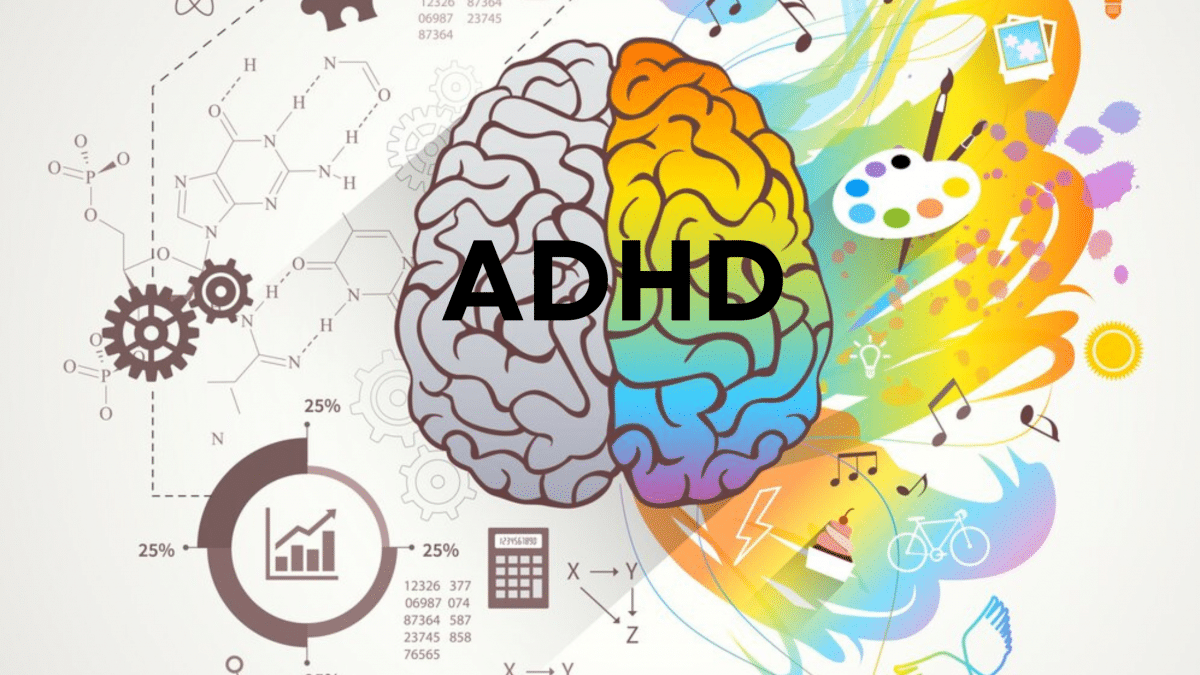
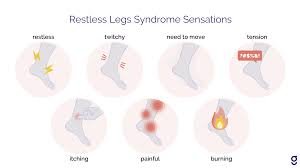

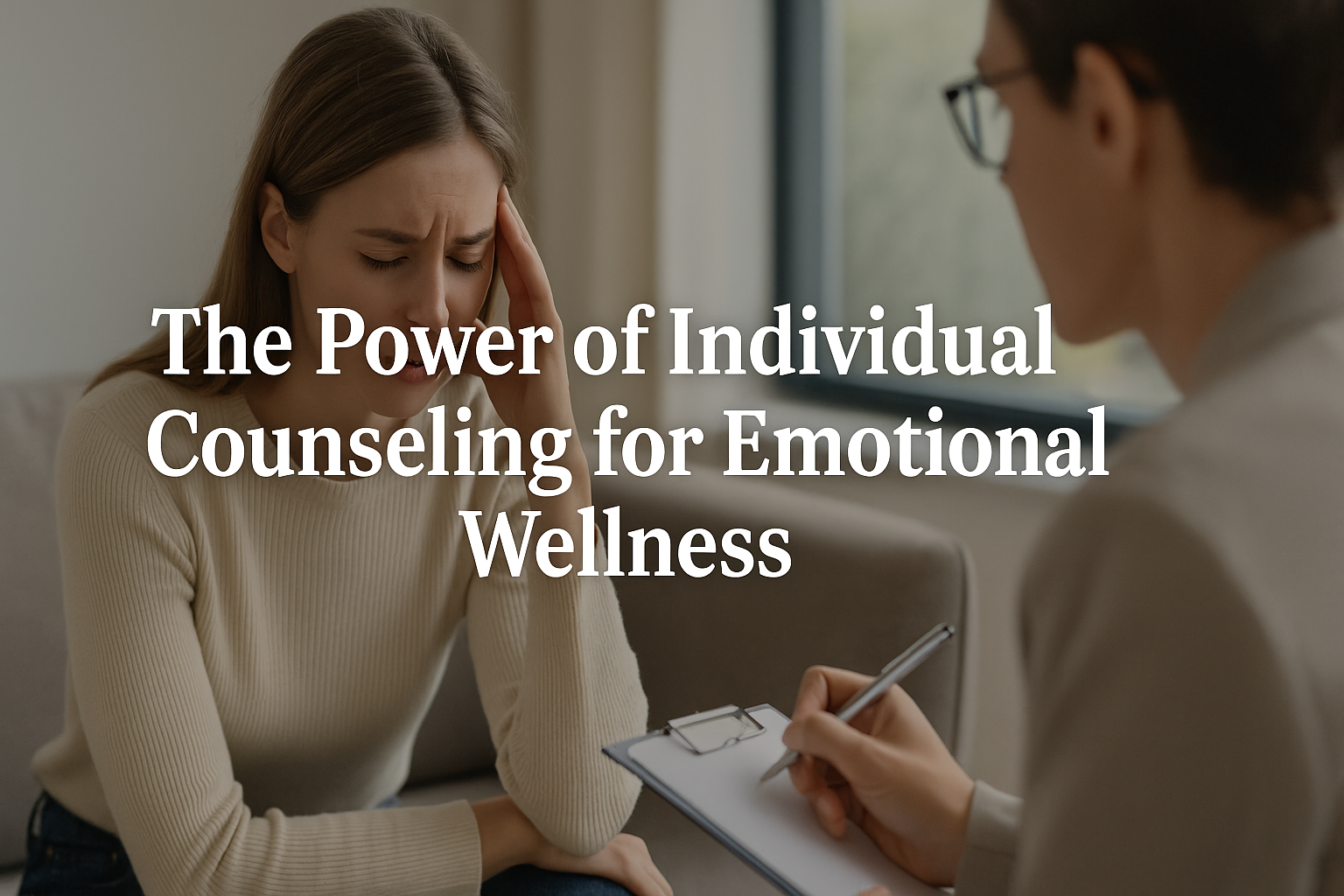






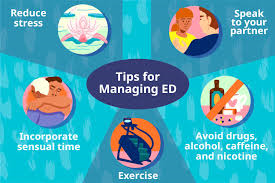



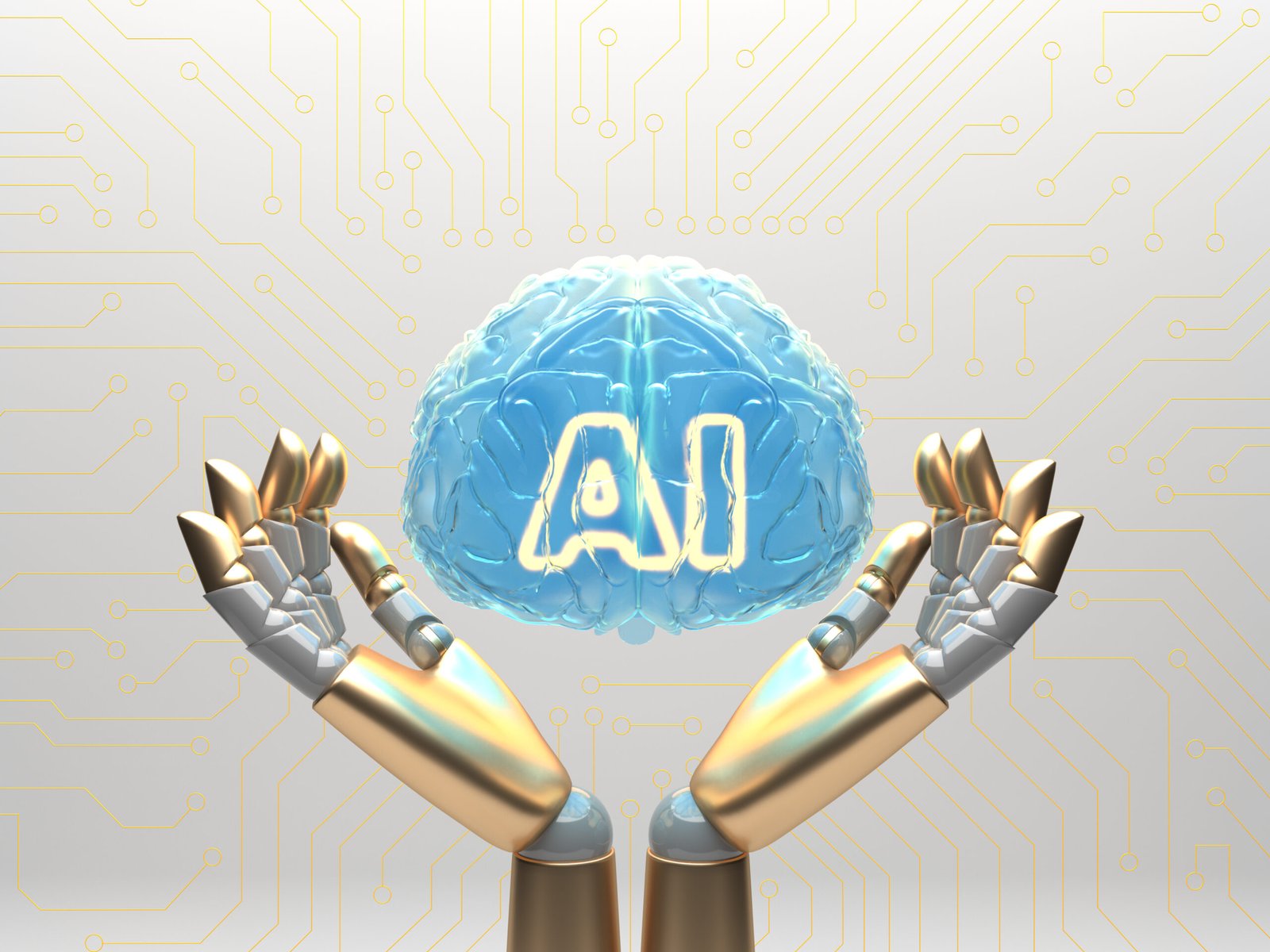
Leave a Reply